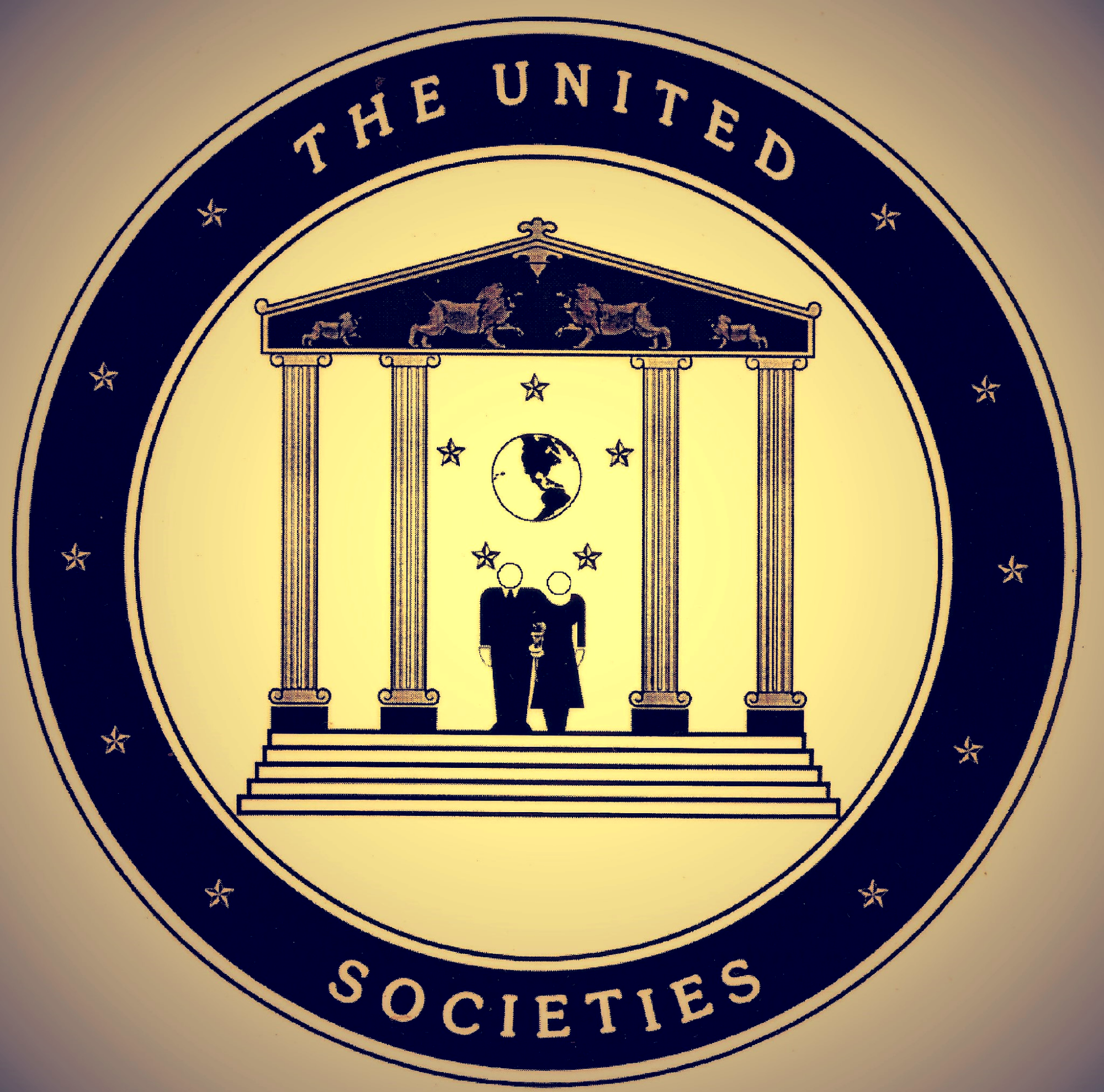
Prosperity is the state of flourishing, thriving, good fortune or successful social status.[1] Prosperity often encompasses wealth but also includes other factors which can be independent of wealth to varying degrees, such as happiness and health. From Wikipedia, the free encyclopedia.
Economic notions of prosperity often are competitive or have a negative relationship with health, happiness, or spiritual notions of prosperity. For example, longer hours of work might result in an increase in certain measures of economic prosperity, but at the expense of driving people away from their preferences for shorter work hours. Data from social surveys show that an increase in income does not result in a lasting increase in happiness; one proposed explanation to this is people are not allocating enough energy to non-financial goals such as family life and health.
Many distinct notions of prosperity, such as economic prosperity, health, and happiness, are correlated or even have causal effects on each other. Economic prosperity and health are well-established to have a positive correlation, but the extent to which health has a causal effect on economic prosperity is unclear. There is evidence that happiness is a cause of good health, both directly through influencing behavior and the immune system, and indirectly through social relationships, work, and other factors. One study which advances a holistic definition of prosperity is the Legatum Prosperity Index. The Legatum Prosperity Index is an annual ranking of 142 countries, developed by the Legatum Institute, a division of the private investment firm Legatum. The ranking is based on a variety of factors including wealth, economic growth, education, health, personal well-being, and quality of life. In the 2015 rankings,
Norway tops the list followed by Switzerland and Denmark. Twenty-seven of the top 30 countries are democracies. The 2014 Legatum Prosperity Index is based on 89 different variables analysed across 142 nations around the world. Source data includes Gallup World Poll, World Development Indicators, International Telecommunication Union, Fragile States Index, Worldwide Governance Indicators, Freedom House, World Health Organisation,World Values Survey, Amnesty International, Centre for Systemic Peace. The 89 variables are grouped into 8 sub-indexes, which are averaged using equal weights. The 8 sub-indexes are:
Economy
Entrepreneurship & Opportunity
Governance
Education
Health
Safety & Security
Personal Freedom
Social Capital
For example, Personal Freedom includes freedom of speech and religion, national tolerance for immigrants and ethnic and racial minorities. The Social Capital sub-index includes the percentage of citizens who volunteer, give to charity, help strangers, and who feel they can rely on family and friends. The Legatum Institute operates a transparent approach to its work on the Prosperity Index.
Currently, sustainable development, along with the solidarity called for in faith based teachings, shows to reduce poverty. While over many thousands of years the ‘stronger’ (economically or physically) overcame the weaker, nowadays for various reasons – faith based teachings, social solidarity, sustainable development – the stronger lifts the weaker. This aid may take various forms. ‘The Stronger’ offers real help such as reducing poverty through financial (among other things, a balanced budget), environmental (living conditions), and social (including equality of income) means.
Corporate sustainability in principle constitutes a firm’s efficient use of natural capital. This eco-efficiency is usually calculated as the economic value added by a firm in relation to its aggregated ecological impact. “Eco-efficiency is achieved by the delivery of competitively priced goods and services that satisfy human needs and bring quality of life, while progressively reducing ecological impacts and resource intensity throughout the life-cycle to a level at least in line with the earth’s carrying capacity.” Socio-efficiency describes the relation between a firm’s value added and its social impact. Whereas, it can be assumed that most corporate impacts on the environment are negative (apart from rare exceptions such as the planting of trees) this is not true for social impacts. These can be either positive (e.g. corporate giving, creation of employment) or negative (e.g. work accidents, mobbing of employees, human rights abuses). Both eco-efficiency and socio-efficiency are concerned primarily with increasing economic sustainability.
Sustainable development is a process for meeting human development goals while sustaining the ability of natural systems to continue to provide the natural resources and ecosystem services upon which the economy and society depends. Sustainable development is the organizing principle for sustaining finite resources necessary to provide for the needs of future generations of life on the planet. It is a process that envisions a desirable future state for human societies in which living conditions and resource-use continue to meet human needs without undermining the “integrity, stability and beauty” of natural biotic systems. Sustainable development ties together concern for the
carrying capacity of natural systems with the social, political, and economic challenges faced by humanity. Sustainability science is the study of the concepts of sustainable development and environmental science. In ecology, prosperity can refer to the extent to which a species flourishes under certain circumstances.
Visit us here at The United Societies and share your views and content so we can get it right!